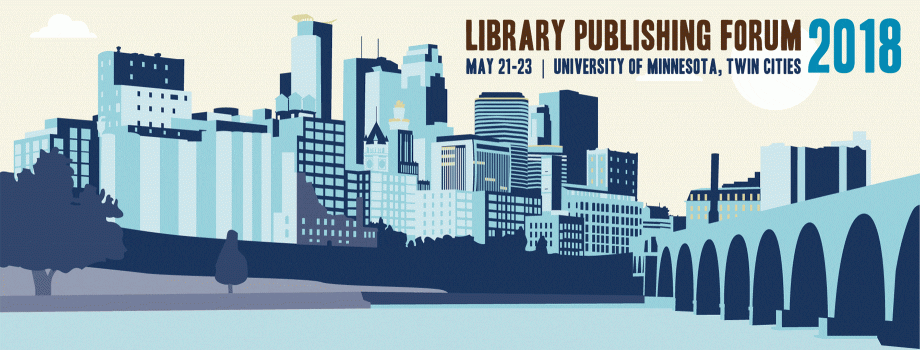August 1, 2018
Reflection on research: The relevance of information behavior studies to the work of library publishing
By Daniel Tracy
This is a guest post by Dan Tracy, the 2018 recipient of the Award for Outstanding Scholarship in Library Publishing. LPC’s Research Committee asked Dan to write a post for the blog to highlight his research and inspire others in the community to investigate topics of interest to our growing field.
*********
“Experimentation in online publishing that would not translate well to pdf is still a good thing…but my suspicion is that the really interesting innovation in digital scholarly publishing is not going to come in modifying legacy formats that people still find useful.”
*********
When the LPC Research Committee notified me that they had chosen my article on user studies in the context of library publishing programs for its annual award, I was delighted and honored. When I began my master’s degree in LIS, one thing that stuck early on was the disciplinary emphasis on understanding the information needs, preferences, and behaviors of different populations as a key element of service design. This concept was (and continues to be, from my ongoing experience with the program as a librarian) probably the foundational concept of one of the required courses at University of Illinois MS-LIS program (which I took with Professor Kathryn LaBarre), and it is a touchstone I come back to in all the work that I do now.
The research that led to this article stems back to a couple of experiences during my first years as a librarian, but the most important was attending the inaugural Library Publishing Forum in 2014. It was an exciting, groundbreaking event, but one that left me with one nagging question: where were the users, by which I mean the readers, of our publications in our design of these services? They were oddly absent from the program and discussion. (I’ll note that I heard more people raising these issues in the second and third forums.) Don’t get me wrong: libraries had and have a lot to do as they build up publishing services, so there is justification in spending a lot of time talking about relationships with authors, models for sustainability, and other key issues that were very much on the agenda. However, in talking about why libraries might have something to offer in publishing, a key theme for the inaugural conference, why not emphasize our tradition of investigation into how and why people use our resources as a strength in delivering publications to users? (more…)

